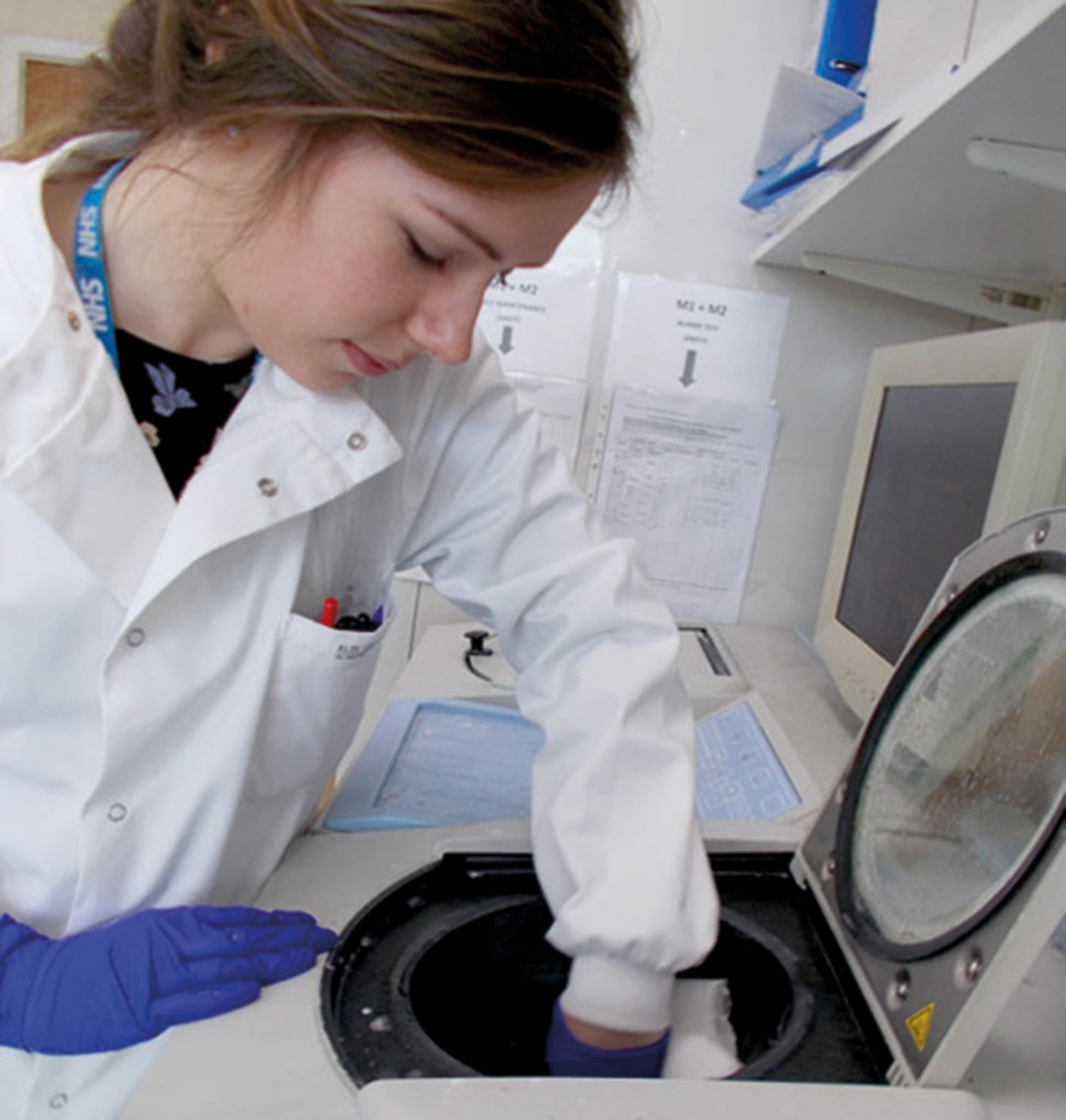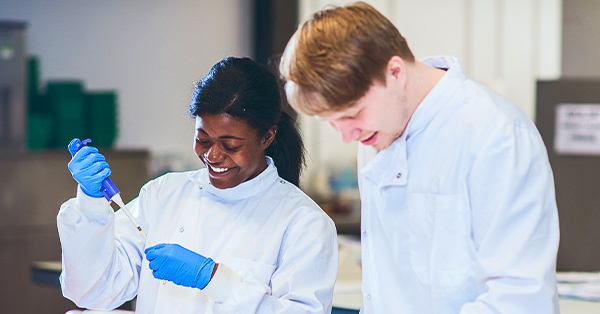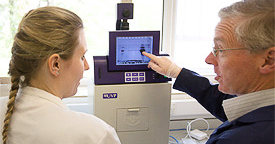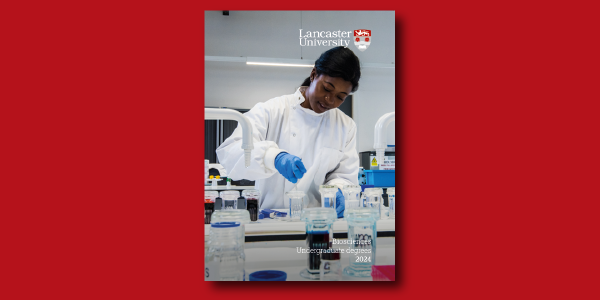A degree in Biomedicine offers a deep understanding of human health, disease, and medical research.
With career paths in research, pharmaceuticals, and clinical settings, biomedicine provides students with the skills to contribute to medical advancements and improve lives through science and technology.
Biomedicine is an interdisciplinary field that applies biological and medical principles to understand, diagnose, manage and treat diseases. It focusses on how cells, organs and systems function in the body.
Our four-year Biomedicine BSc (Study Abroad) is ideal for students interested in gaining a broad knowledge of human life processes within the context of health and disease. You will study topics in biochemistry, cell biology, genetics and physiology - which are at the heart of modern medical and health research.
These subjects are taught with a particular emphasis on the molecules and mechanisms fundamental to life processes and how these are disrupted by disease
This research-led biomedicine degree is an ideal basis for a host of careers across the biomedical, research, biotechnology and pharmaceuticals sectors, offering you the scientific knowledge, practical lab skills and career-ready mindset to succeed.
By studying abroad in your third year, you will have an opportunity to explore new and different perspectives on your course, while gaining experience of what it is like to live and study in a different country. During your year abroad you are only required to pay 15 per cent of the standard tuition fees.
And, because you will build your skills and competence in experimental design, data recording, analysis, presentations, effective project management, teamwork and communication, you will have the highly-transferable skills valued by employers both within the sciences and in broader fields such as marketing, finance and management.
Students interested in a more in-depth, research-oriented degree in this area should consider our Biomedicine MSci degree, which involves an extended independent research project in your fourth year.
Your journey through biomedicine
Our academics have carefully designed this course to provide you with a progressive training in biomedicine.
Year 1,
by studying themes that will provide you with a firm foundation for the rest of your course, such as the molecules of life, infection, immunity, cell biology, anatomy and physiology.
- In Year 2, you will study key topics in biomedicine in more detail for example microbiology, immunology, molecular genetics, cell biology and cellular metabolism, as well as either pharmacology or neuroscience.
- You will spend Year 3 studying at one of our overseas partner universities, immersing yourself in a different culture, meeting new people with diverse perspectives and developing a confident and well-rounded outlook for your final year back in Lancaster. By studying abroad you will be able to experience living in another country and exploring different and diverse sides of your degree subject.
- During Year 4, you will have greater choice in the modules you study (depending on the second-year modules you take at Lancaster, during your time abroad in Year 3) and may explore themes such as advanced drug design and development. In Year 4 you will also carry out your own independent research project. This is your opportunity to make a unique contribution to increasing scientific knowledge in an area of biomedicine that fascinates you.
You will be supported by our research-active academics whose research includes neglected tropical diseases like leishmaniasis, trypanosomiasis and snakebite as well as cancer, Alzheimer’s disease, and inflammatory conditions like asthma and psoriasis.
A hands-on degree
Our state-of-the-art life science teaching laboratories will be at the heart of your degree. They are where you are will put the knowledge you have acquired from lectures and tutorials into practice and get to know your course-mates and academics.
You will gain hands-on experience (depending upon your specialisation) of using equipment and facilities such as:
- our bioimaging facility
- protein purification and characterisation facilities
- cell sorters
- confocal microscopes
- flow cytometers
- PCR thermocyclers
- cell culture facilities
In addition to laboratory practical classes and workshops, you will learn through lectures, workshops, tutorials, laboratory reports, essays and case studies, presentations, tests and exams. You will also benefit from digital resources through our online learning environment which will support your independent learning.
Altogether, your classroom learning and practical experience means you will graduate well-prepared for a successful career in biomedicine or in other scientific and non-scientific fields.











